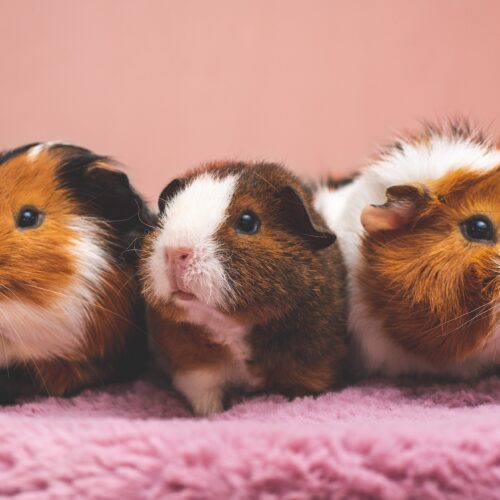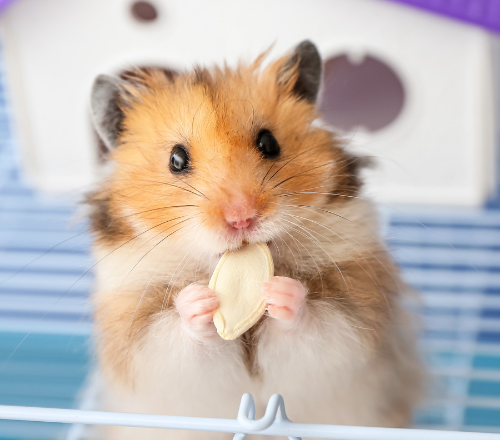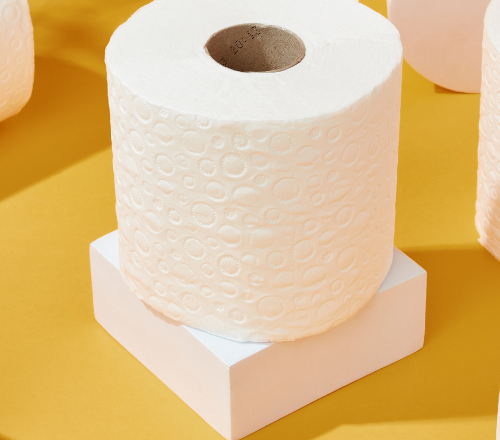Living an eco-friendlier lifestyle has never been more important. With the impact of both climate change and manmade pollution now firmly in the public consciousness, households and businesses alike are looking for ways to live and operate more sustainably.
In reality, even the smallest of changes can make big impacts. By simply altering old habits and making more eco-friendly choices, everyone can play an important role in protecting our planet for future generations. But how do you get started?
In this guide, we’ll look at what it actually means to be ‘eco-friendly’ before listing the small changes you can make in your home that can start you towards living an eco-friendlier lifestyle.
What does eco-friendly mean?
In its most literal sense, ‘eco-friendly’ simply means earth-friendly. This term is used to describe products, actions, and cultures that do not harm the environment and actively prevent further contributions to air, land and water pollution. With this in mind, an eco-friendly lifestyle involves the purchase of sustainable products and services, as well as practices such as recycling, material reuse, and responsible waste management. The key to eco-friendly living, as we explore below, is engaging in habits and practices that are more conscious of the resources available to you and how you choose to use them.
How to be more eco-friendly at home
Stop purchasing bottled water
Single-use plastic drink bottles have a very negative impact on the environment. Indeed, it’s thought around 80% of these bottles don’t end up being recycled. When this happens, many end up in landfill or in the ocean, harming natural habitats. Additionally, the production process is not eco-friendly. It takes three times the amount of water found in a standard sized bottle just to create that one bottle.
The simple solution to this is to invest in a reusable water bottle. Whether you opt for a metal flask or a glass screw-top, these containers are far more sustainable than single-use plastic bottles. They can also help to save you money in the long run!
Use a smart thermostat
Installing a smart thermostat in your home can make your household much more energy efficient. These smart devices can monitor your heating and cooling systems, helping to make your home as eco-friendly as possible. These smart bits of kit can also reduce the cost of your utility bills.
Recycle and compost
In the UK, recycling is now pretty simple. Most local councils will provide their residents with recycling bins for glass, plastic and paper/card products. All you have to do is separate your waste into the correct bins. For those recyclable items you do not have a designated bin for, most council-run tips will include appropriate recycling facilities. Simply check on your local council’s website for more information.
As well as recycling, composting is a great way to live more sustainably. Around 50% of all household waste is food. A compost bin not only allows you to get rid of food leftovers in an eco-friendly and hygienic way, it also enables you to create your own plant fertiliser in the process.
Eat less meat
Did you know that cutting down on the amount of meat you eat can make a huge difference to your household’s carbon footprint? With 30% of the Earth’s surface currently used to raise livestock, it’s believed that this sector accounts for nearly 10% of all CO2 caused by human activities. Additionally, global livestock farming generates a whopping 65% of human-related nitrous oxide emissions. According to a recent United Nations study, this is nearly 300 times the Global Warming Potential (GWP) of CO2.
Therefore, in theory, if every household could cut back on their meat consumption, this would represent a meaningful step in reducing global greenhouse emissions. We recommend replacing the meat in some of your favourite dishes with vegetables or seafood alternatives.
Swap light bulbs for LEDs
Energy efficient light bulbs can make a huge difference to your home’s energy efficiency. By replacing traditional light bulbs in your home with LED alternatives, your household will not only use less electricity – saving you money in the long run – it will also make your home more eco-friendly. LED bulbs are not only more efficient, but they also last longer and can be recycled more easily.
Use plastic-free toilet roll and kitchen roll
A list about eco-friendly living wouldn’t be complete without talking about the often-forgotten items most of us use every day –toilet paper and kitchen roll. If the average household uses three toilet rolls a week, this is over 150 rolls a year. When you consider the amount of plastic packaging that goes in the bin as a result of this usage, finding plastic-free sustainable options should be a priority.
At Oceans, our plastic-free toilet roll and kitchen roll come wrapped in paper and are super easy to recycle. This means you don’t have to worry about all that plastic waste, helping you live an eco-friendlier lifestyle.





